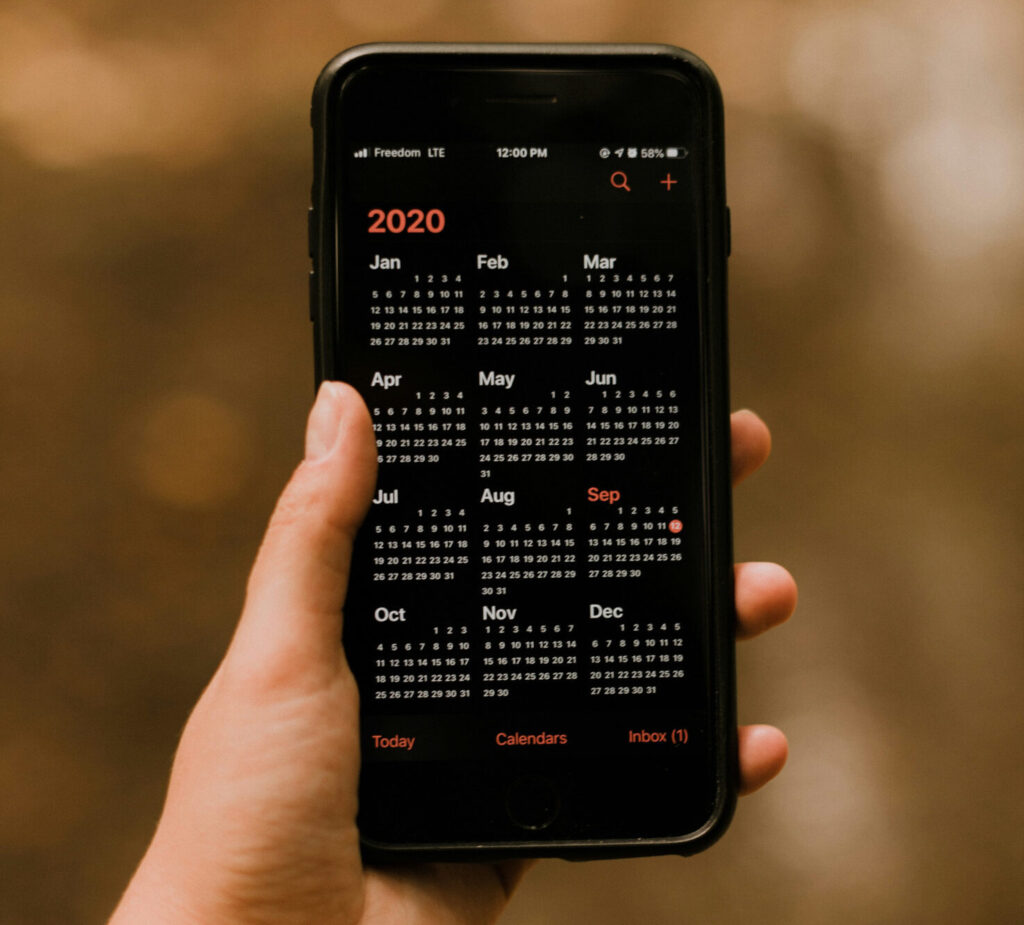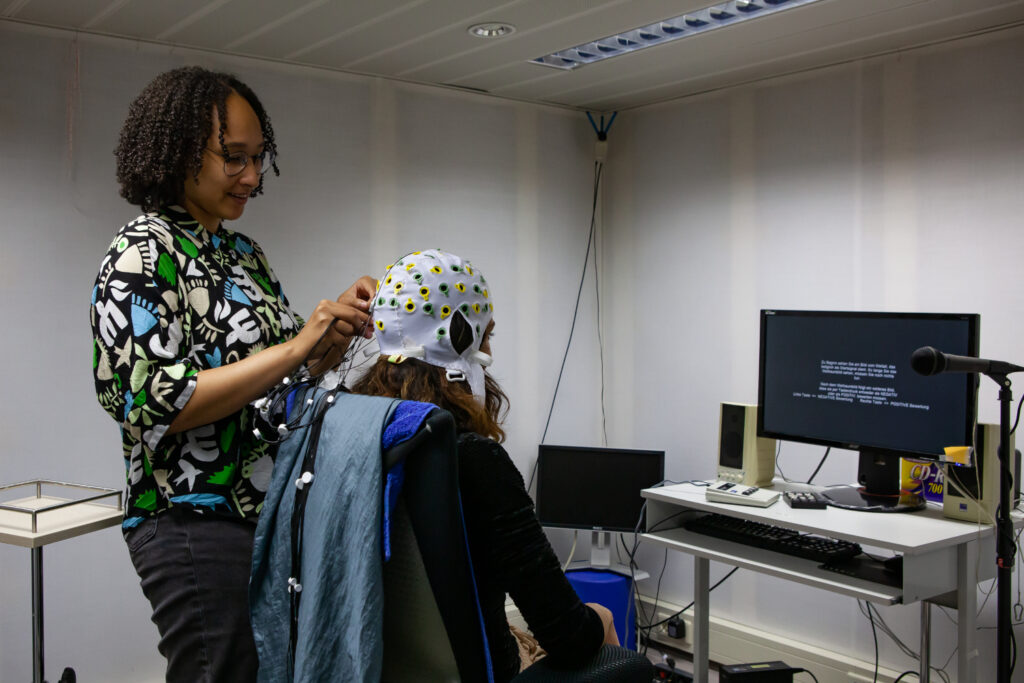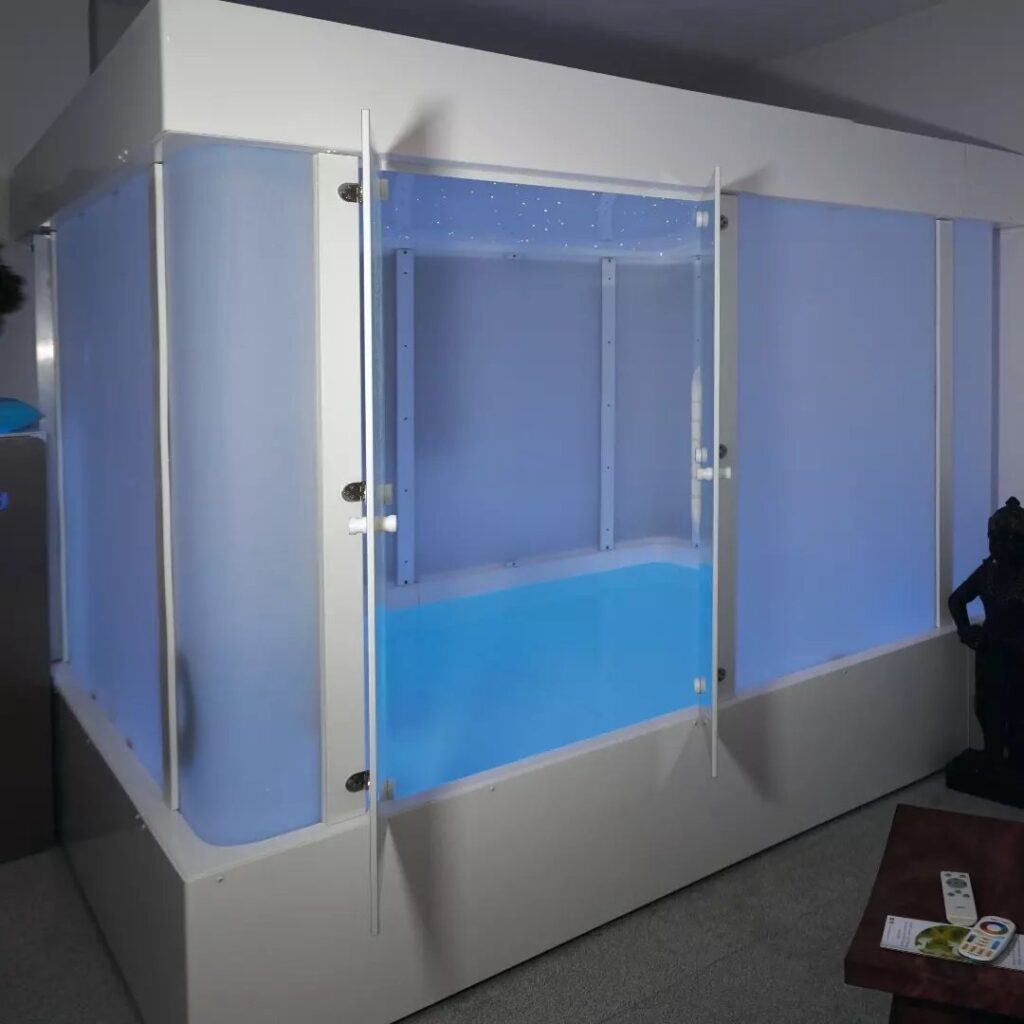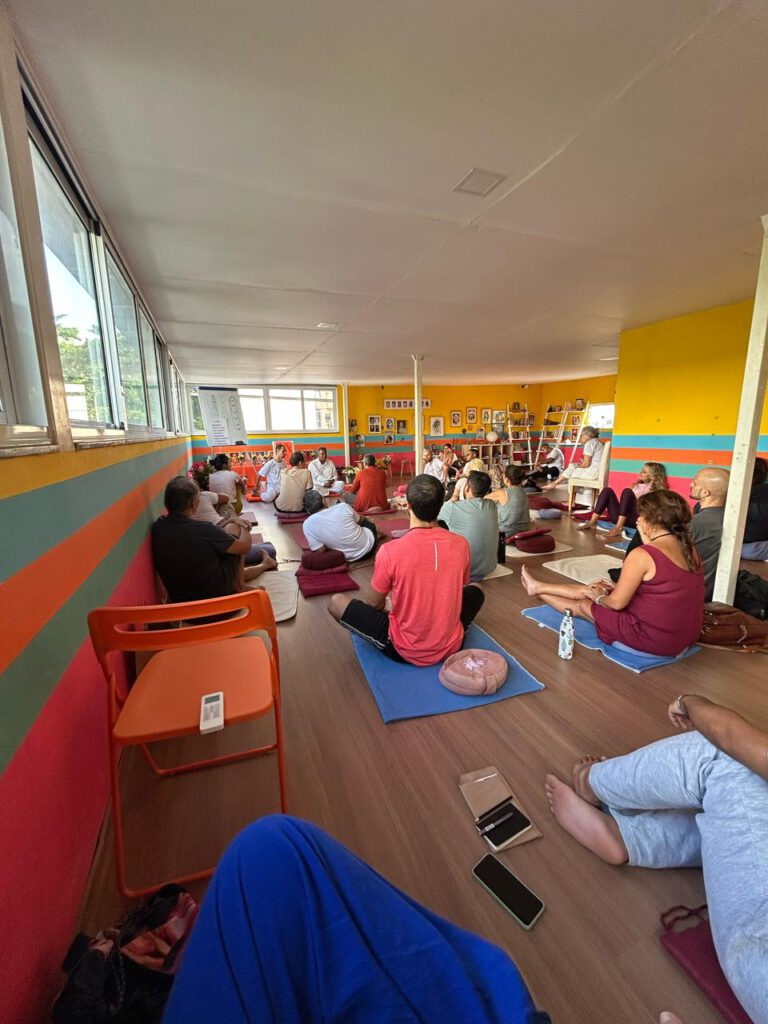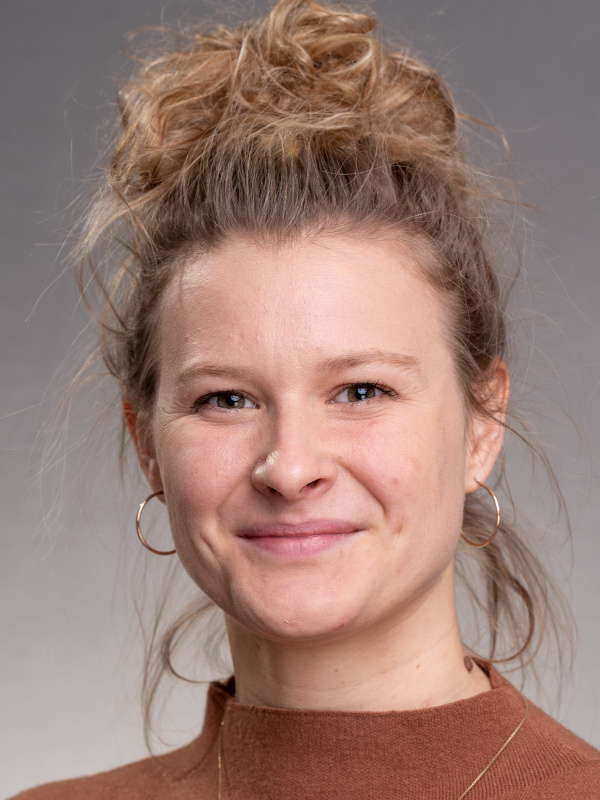Mind and Matter
Introduction
How do we perceive time? The findings of the connection between our feelings and subjective time, as well as concepts of self-awareness and body awareness, closely link time awareness with emotional and physical states. Neuronal processes in the insular cortex, which are linked to feelings, bodily states and self-consciousness, are constitutive for the experience of time.
In addition to fundamental studies on the relationship between time, emotions and bodily states in ordinary states of consciousness, subjective time is investigated in altered states of consciousness such as Floatation-REST, meditation or under the influence of substances, as well as in pathological states of consciousness in neurological and psychiatric disorders. Non-ordinary experiences of a spiritual and anomalistic nature are part of the lived human experience and are investigated for a comprehensive understanding of consciousness.
Selected Projects
Working Group
Publications
Hruby, H., Schmidt, S., Feinstein, J., & Wittmann, M. (2024). Induction of altered states of consciousness during Floatation-REST is associated with the dissolution of body boundaries and the distortion of subjective time. Scientific Reports, 14, 9316. https://doi.org/10.1038/s41598-024-59642-y
Khoshnoud, S., Leitritz, D., Çinar Bozdağ, M., Alvarez, I., F., N., V., & Wittmann, M. (2024). When the heart meets the mind: Exploring the brain-heart interaction during time perception. Journal of Neuroscience, 44, 2039232024. https://doi.org/10.1523/JNEUROSCI.2039-23.2024
Linares Gutiérrez, D., Schmidt, S., Meissner, K., & Wittmann, M. (2022). Changes in subjective time and self during meditation. Biology, 11(8). https://doi.org/10.3390/biology11081116
Kent, L., & Wittmann, M. (2021). Time consciousness: The missing link in theories of consciousness. Neuroscience of Consciousness, 7(2), 011. https://doi.org/10.1093/nc/niab011
Rutrecht, H., Khoshnoud, S., Wittmann, M., & Alvarez Igarzábal, F. (2021). Time speeds up during flow states: A study in virtual reality with the video game Thumper. Timing & Time Perception, 9, 353-376. https://doi.org/10.1163/22134468-bja10033
Witowska, J., Schmidt, S., & Wittmann, M. (2020). What happens while waiting? How self-regulation affects boredom and subjective time during a real waiting situation. Acta Psychologica, 205, 103061. https://doi.org/10.1016/j.actpsy.2020.103061
Wittmann, M. (2013). The inner sense of time: How the brain creates a representation of duration. Nature Reviews Neuroscience, 14, 217-223. https://doi.org/10.1038/nrn3452

